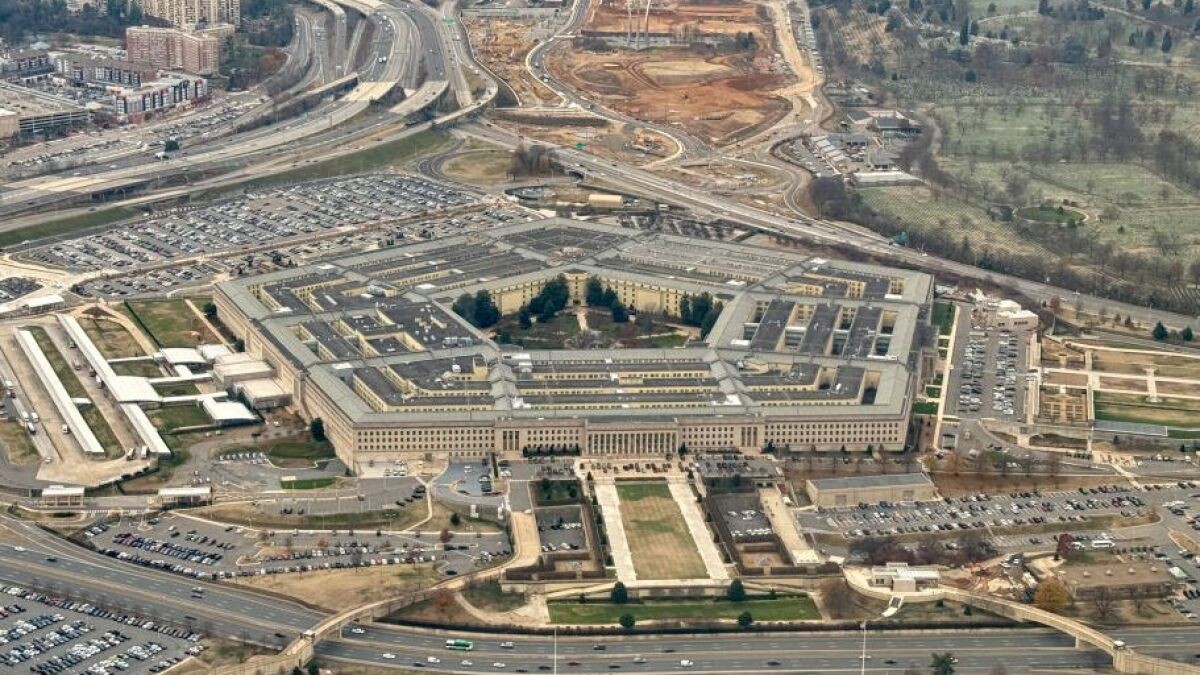
Two employees from Elon Musk's Department of Government Efficiency (DOGE) have obtained accounts on classified government networks containing sensitive nuclear weapons information, according to multiple sources familiar with the matter.
Luke Farritor, 23, a former SpaceX intern, and Adam Ramada, a Miami venture capitalist, have reportedly had access to these networks for at least two weeks. Neither individual appears to have prior experience with nuclear weapons or classified information handling.
The Department of Energy spokesperson has denied these claims, stating that no DOGE personnel have accessed the National Nuclear Security Administration (NNSA) systems and that both individuals left the DOE in February.
The networks in question include the NNSA Enterprise Secure Network, which contains restricted data about nuclear weapons designs and materials, and the Secret Internet Protocol Router Network (SIPRNet), used for classified communications between the Department of Defense and Department of Energy.
Multiple sources confirmed seeing Farritor and Ramada's names in the network directories, which are visible to thousands of employees involved in nuclear weapons work. However, the presence of accounts does not guarantee full access to classified data, as information is strictly controlled on a need-to-know basis.
This development follows earlier concerns about DOGE's data handling practices. A recent whistleblower report from the National Labor Relations Board alleged that DOGE employees received high-level access and potentially removed sensitive data from internal systems.
The revelation comes amid growing scrutiny of information security practices within the government, including recent controversies over the use of encrypted messaging apps for sensitive military communications.
While DOGE employees may require classified access for budget discussions and program details, questions remain about the extent of their access and the implications for national security. The situation represents an unprecedented level of access for DOGE officials within the Department of Energy's classified systems.
The Department of Energy has already experienced significant changes under DOGE's influence, including a February staff reduction at NNSA that was largely reversed after initial implementation.